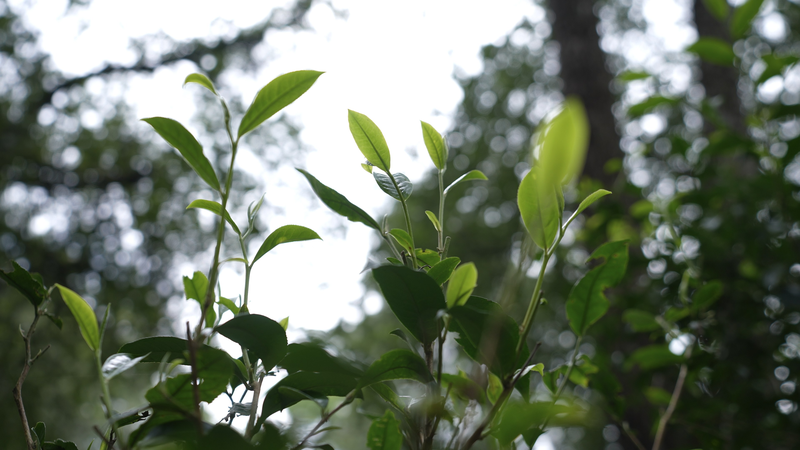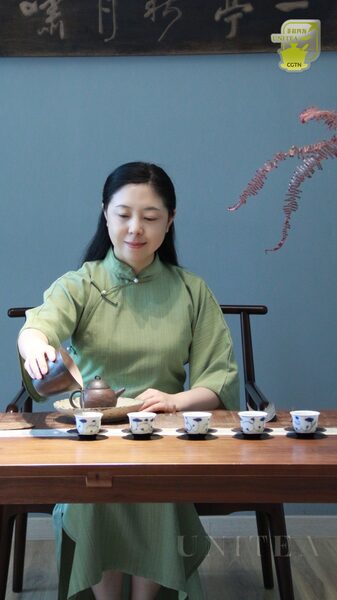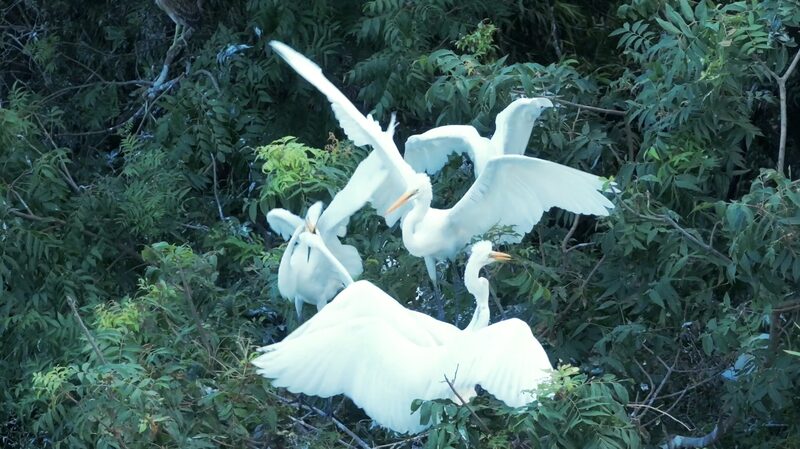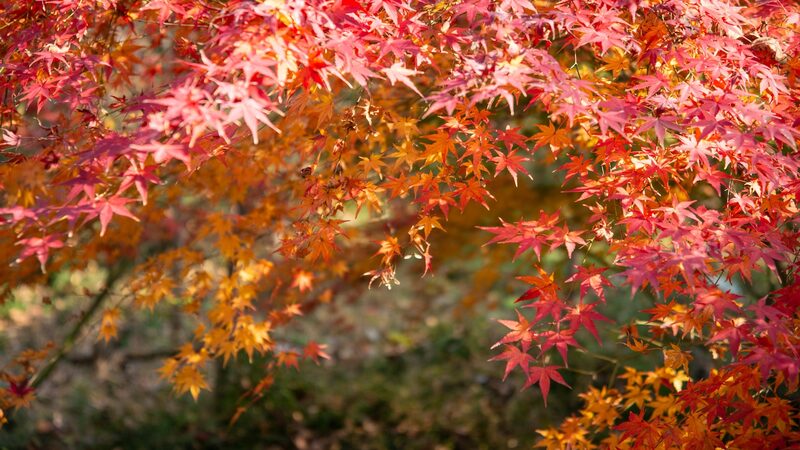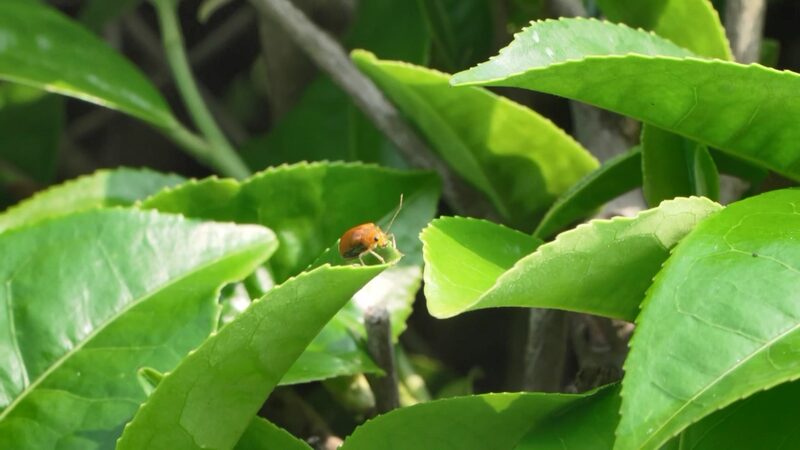Nestled in Yunnan's mist-shrouded peaks, Jingmai Mountain's ancient tea forests stand as living testaments to sustainable agriculture. For over a millennium, local communities have cultivated 'understory tea' – a practice where tea plants grow naturally beneath forest canopies, their fallen leaves nourishing the soil while towering trees provide natural pest control.
"We don't grow tea – we collaborate with the forest," explains a fifth-generation tea grower. "The orchids scent the leaves, the mist maintains humidity, and the birds replace pesticides."
This ecological wisdom proves increasingly vital as climate patterns shift. Unlike conventional monoculture plantations, Jingmai's biodiverse 'breathing forests' demonstrate remarkable resilience. Recent studies show these agroforests maintain 20% higher soil moisture during dry seasons compared to cleared plantations.
For investors and policymakers, Jingmai's model offers insights into sustainable value chains – its premium 'orchid-scented' teas command prices 300% above average in international markets. Meanwhile, cultural explorers marvel at landscapes where tea-picking rituals align with forest bloom cycles.
As UNESCO considers designating the area a World Heritage site, Jingmai's story transcends borders – proving ancient ecological knowledge may hold keys to modern sustainability challenges.
Reference(s):
cgtn.com
